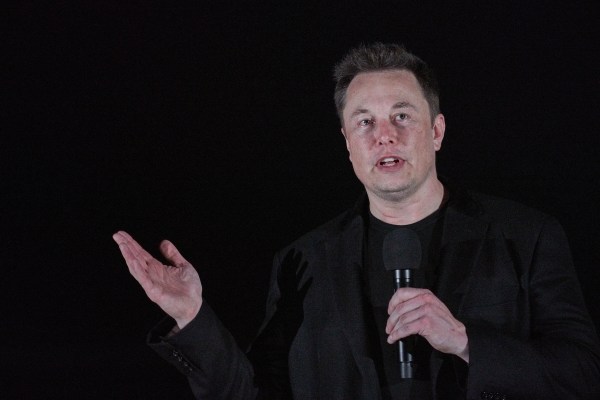Musk admits Full Self-Driving system “not great,” blames a single stack for highway and city streets – ProWellTech

It hasn’t even been a week since Tesla hosted its AI Day, a live-streamed event full of technical jargon meant to snare the choicest of AI and vision engineers to come work for Tesla and help the company achieve autonomous greatness, and already CEO Elon Musk is coming in with some hot takes about the “Full Self-Driving” (FSD) tech.
In a tweet on Tuesday, Musk said: “FSD Beta 9.2 is actually not great imo, but Autopilot/AI team is rallying to improve as fast as possible. We’re trying to have a single tech stack for both highway & city streets, but it requires massive [neural network] retraining.”
This is an important point. Many others in the autonomous space have mirrored this sentiment. Don Burnette, co-founder and CEO of Kodiak Robotics, says his company is exclusively focused on trucking for the moment because it’s a much easier problem to solve. In a recent ExtraCrunch interview, Burnette said:
One of the unique aspects of our tech is that it’s highly customized for a specific goal. We don’t have this constant requirement that we maintain really high truck highway performance while at the same time really high dense urban passenger car performance, all within the same stack and system. Theoretically it’s certainly possible to create a generic solution for all driving in all conditions under all form factors, but it’s certainly a much harder problem.
Because Tesla is only using optical cameras, scorning lidar and radar, “massive” neural network training as a requirement is not an understatement at all.
Despite the sympathy we all feel for the AI and vision team that may undoubtedly be feeling a bit butthurt by Musk’s tweet, this is a singular moment of clarity and honesty for Musk. Usually, we have to filter Tesla news about its autonomy with a fine-tuned BS meter, one that beeps wildly with every mention of its “Full Self-Driving” technology. Which, for the record, is not at all full self-driving; it’s just advanced driver assistance that could, we grant, lay the groundwork for better autonomy in the future.
Musk followed up the tweet by saying that he just drove the FSD Beta 9.3 from Pasadena to LAX, a ride that was “much improved!” Do we buy it? Musk is ever the optimist. At the start of the month, Musk said Tesla would be releasing new versions of its FSD every two weeks at midnight California time. Then he promised that Beta 9.2 would be “tight,” saying that radar was holding the company back and now that it’s fully accepted pure vision, progress will go much faster.
Perhaps Musk is just trying to deflect against the flurry of bad press about the FSD system. Last week, U.S. auto regulators opened a preliminary investigation into Tesla’s Autopilot, citing 11 incidents in which vehicles crashed into parked first responder vehicles. Why first responder vehicles in particular, we don’t know. But according to investigation documents posted on the National Highway Traffic and Safety Administration’s website, most of the incidents took place after dark. Poor night vision is definitely a thing with many human drivers, but those kinds of incidents just won’t fly in the world of autonomous driving.






